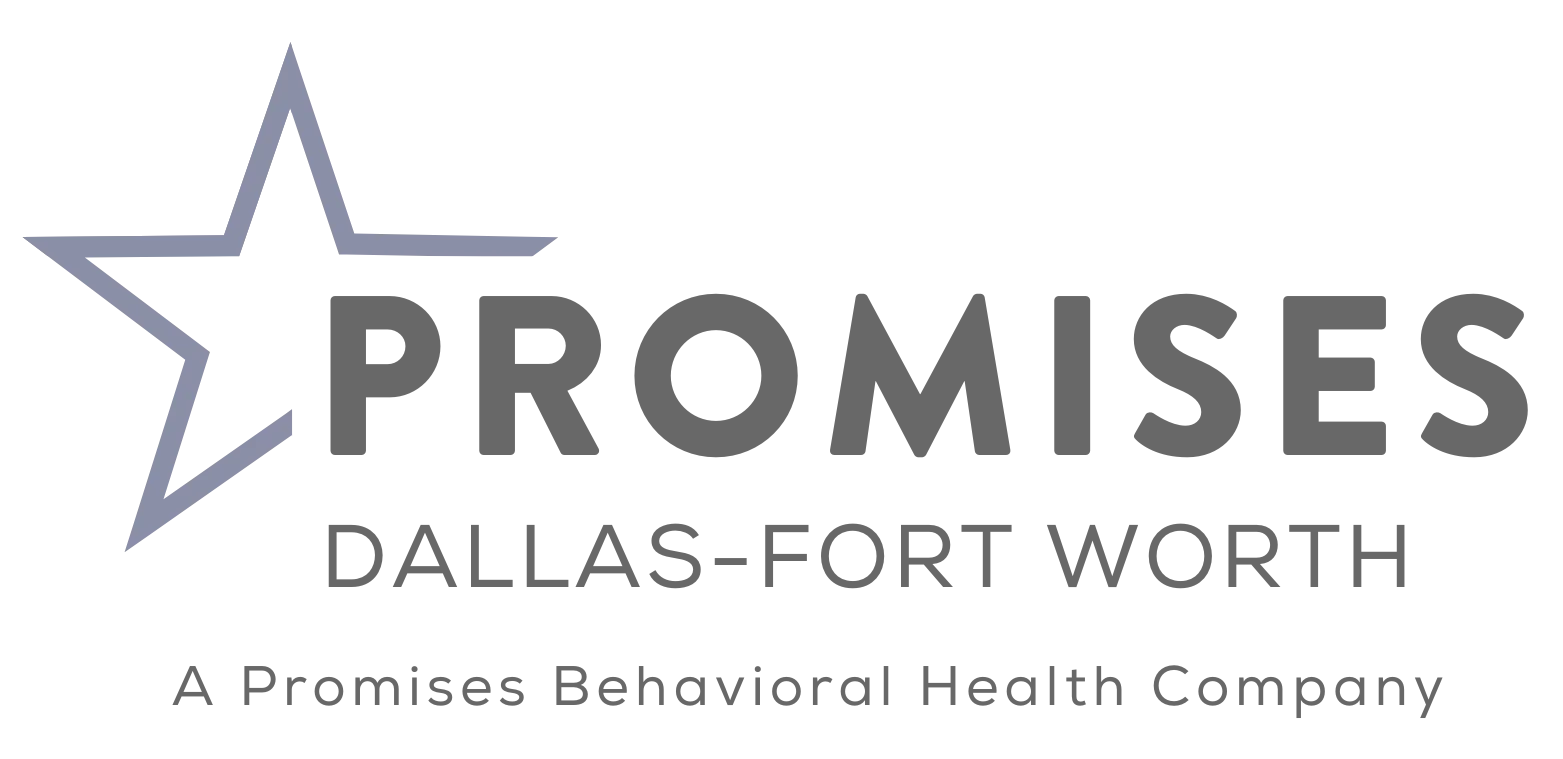Life’s complexities often present many challenges, and recognizing the signs someone has a dual diagnosis can sometimes be a profound revelation. The intricacy of facing not just one but two conditions simultaneously can be overwhelming. However, it is not rare, and it is very treatable. It’s important to be able to understand the behaviors of dual diagnosis so that you can help yourself or a loved one. NorthStar Clinical Services provides compassionate dual diagnosis treatment in Charlotte, North Carolina. Call 888.488.6153 today to learn more.
A Look at Dual Diagnosis
Dual diagnosis refers to someone who is facing both a mental health condition and substance abuse issues. This combination can lead to a wide range of behaviors that may be difficult to comprehend for those on the outside looking in. Understanding these behaviors can help provide better support and care for individuals with co-occurring disorders.
Sings of Co-Occurring Disorders
Identifying someone with a dual diagnosis can sometimes be challenging due to the overlapping symptoms of both the mental health condition and the substance use disorder. Here are some dual diagnosis signs:
- Unexplained behavioral changes – Abrupt or extreme changes in behavior, mood, or attitude may indicate the presence of a mental health or substance use disorder. When these occur together, they may signal a dual diagnosis.
- Increased risky behaviors – This can include driving under the influence, sharing needles, or engaging in unsafe sexual practices.
- History of chronic relapses – Individuals who seek treatment for substance abuse but face frequent relapses might be grappling with an untreated mental health condition.
- Tolerance and withdrawal – Building a tolerance to substances and experiencing withdrawal symptoms indicate a substance use disorder. When these are accompanied by episodes of depression, anxiety, or other mental health symptoms, a dual diagnosis might be at play.
- Neglecting responsibilities and relationships – Consistent negligence towards work, school, or familial duties due to substance use or mental health episodes can be a significant indicator.
- Isolation from loved ones – Withdrawing from friends and family, especially to hide substance use or due to overwhelming mental health symptoms, is a significant red flag.
Knowing the signs someone has a dual diagnosis is essential for early intervention and effective treatment. Recognizing that someone may be grappling with two interwoven challenges can shed light on the complexities of their situation.
Common Behaviors of Those with Co-Occurring Disorders
Behaviors of dual diagnosis differ depending on the specific mental health condition and substance use issue. However, there are some common behaviors that people with dual diagnoses exhibit:
- Self-medicating – People with a dual diagnosis may turn to drugs or alcohol as a way to cope with their mental health symptoms.
- Difficulty managing emotions – Individuals with a dual diagnosis may struggle to regulate their emotions, leading to outbursts and unpredictable behavior.
- Intense cravings – The intense cravings for substances can often lead to impulsive behaviors, such as relapses or engaging in risky activities to obtain drugs or alcohol.
- Lack of insight – Denial is a common trait among individuals with dual diagnoses, making it difficult for them to recognize the need for treatment.
- Difficulty with daily tasks – Mental health symptoms can make it challenging to complete everyday activities, such as personal hygiene or household chores.
- Financial issues – Substance abuse can be expensive, and individuals with dual diagnoses may struggle with financial responsibilities due to prioritizing their substance use.
- Strained relationships – The combination of mental health and substance use disorders can put a strain on relationships, leading to conflicts and isolation.
These behaviors can have a significant impact on an individual’s quality of life and their loved ones. That is why dual diagnosis treatment is crucial in addressing both mental health conditions and substance abuse issues simultaneously.
Call NorthStar to Start Treatment
Identifying behaviors of dual diagnosis can be challenging, but seeking help from professionals can be the first step toward recovery. Co-occurring conditions are very treatable. Often, clients will receive integrated treatment that addresses both mental health and substance use disorders. At NorthStar Clinical Services, our team of experienced professionals provides compassionate care for individuals with dual diagnoses. We understand the complexities of this condition and provide personalized treatment plans to address each client’s unique needs. If you or a loved one are struggling with a dual diagnosis, do not hesitate to reach out for help.
Call 888.488.6153 or contact us online to learn more about our integrated treatment in Charlotte, North Carolina. Instead of facing these challenges alone, let us help you on your path to recovery. We are here for you every step of the way.



